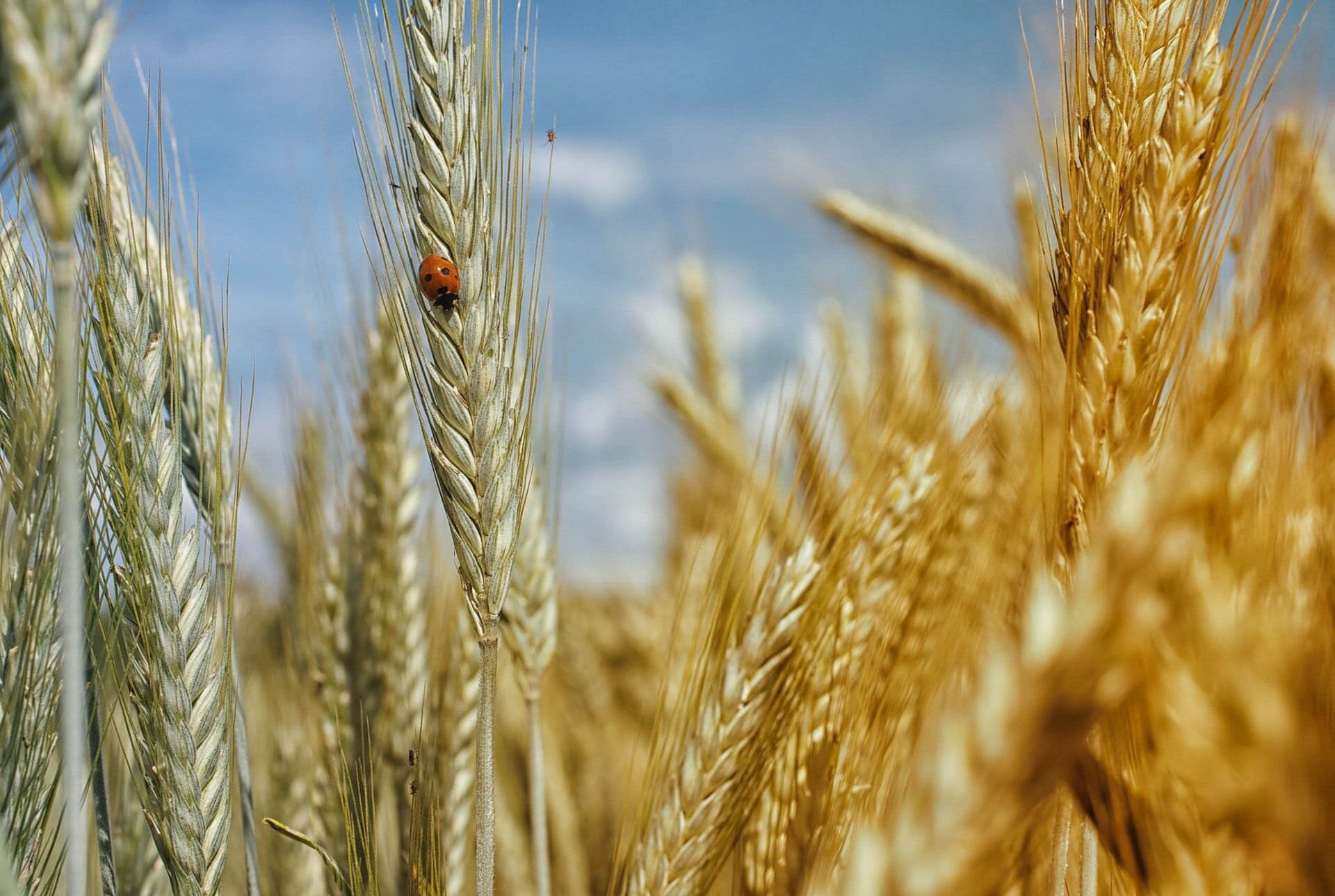What is Ripple?
/I recently discovered this "milk" and decided to give it a try. It's not really milk in the traditional sense. It doesn't come from a cow, but instead is made from peas, so it's what I call a "milk alternative". There are many milk alternatives on the market these days-- Soy milk, Rice milk, Almond milk, Cashew milk, Coconut milk and now Ripple, just to name a few. My experience has been that many people think these alternative milks are as healthy or healthier than cow's milk, but the truth is most of these milks don't offer as much nutrition as cow's milk.
I'm not saying you shouldn't choose these other "milks", but I do want you to know what nutrition you are or aren't getting when you choose these milk alternatives. It's important that my clients are making an informed choice and not thinking they're getting more from their milk alternative than they really are. This happens all the time with the clients I work with and that's why I'm talking about it. Here's just one example, "Cindy" says to me, "I'm drinking Cashew milk and Coconut milk because they're healthier for me." When I ask what makes them healthier, she can't really tell me. That's where the great marketing comes in.
The truth is...
Cashew milk and Coconut milk have very little protein and may or may not have calcium and vitamin D added. Most women don't get enough calcium and vitamin D as it is, and if they think this milk is providing s the calcium and vitamin D they need, they're wrong. Women are going to come up really short on meeting their calcium and vitamin D requirements. What's most important, is to ask yourself, "what is is I want from my milk?" and then make an informed decision about which milk is right for you. I provide consultations like this every day to help women separate nutrition facts from fiction so they can make choices that really make a difference in their health.
Now back to Ripple...
What makes it unique? It's made from peas, provides as much protein as cow's milk, no sugar (for the unsweetened version), and 50% more calcium than cow's milk. It's a great alternative for people who don't tolerate dairy, whether that's because of lactose intolerance or dairy allergy. It's also a great protein choice for vegetarians and vegans since it's pea-based.
How Does It Taste?
Well... that's another story, in my opinion. I bought the unflavored version and found it very chalky, pretty thick, and tasteless. After two sips, I decided I couldn't drink it by the glass, but maybe I should try it as a smoothie. That was definitely drinkable with frozen strawberries and bananas blended in. I also tried it with a protein shake mix, and although rather thick, the flavor was fine. I'm not a big shake/smoothie person because I like to chew my calories, rather than drink them, but for those of you who like protein shakes/smoothies, this could be a great liquid to provide a boost of protein.
Research shows that getting enough protein and the right amount of protein at each meal is really important for women as we age and especially for women over 45 who are trying to lose weight. So Ripple could be a useful way to boost the protein mixed into other foods, or by the glass, if you like the flavor.
Give it a try and then let me know if you like it. Let me know if you drink it by the glass or how you use it in smoothies or other ways.
Disclosure: I do not receive compensation from any company or food product shown or mentioned in this post. The information contained in this article is my opinion only and should not be construed as medical advice or treatment.













